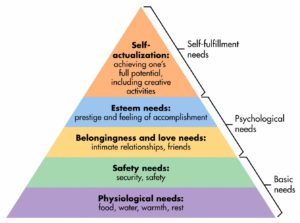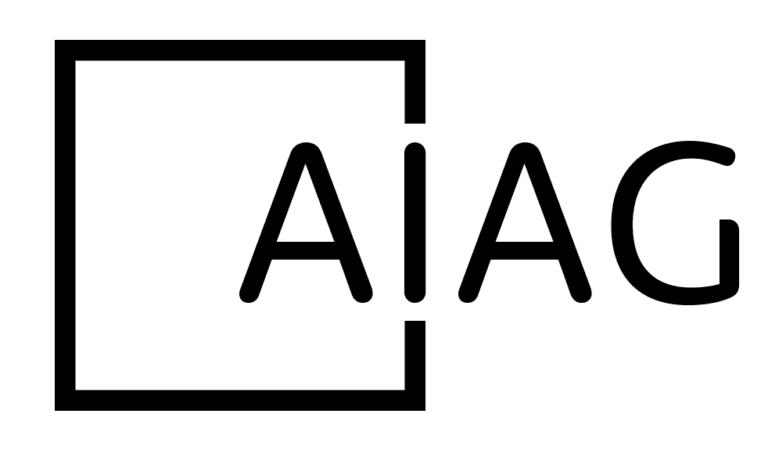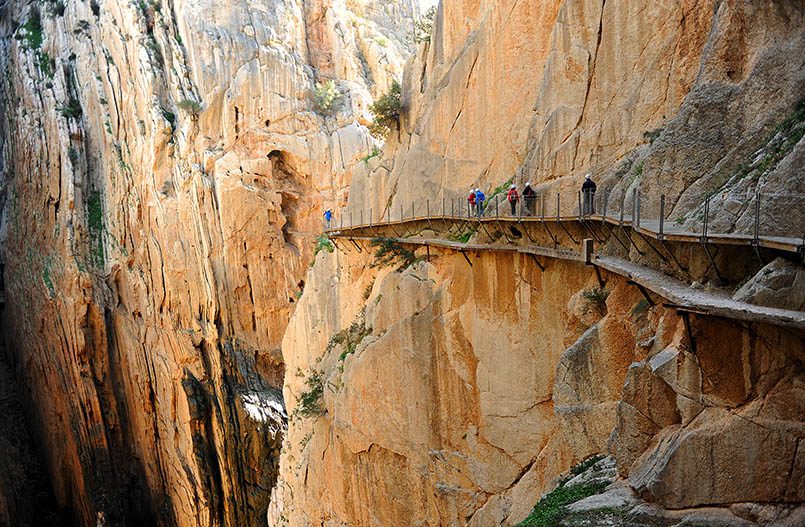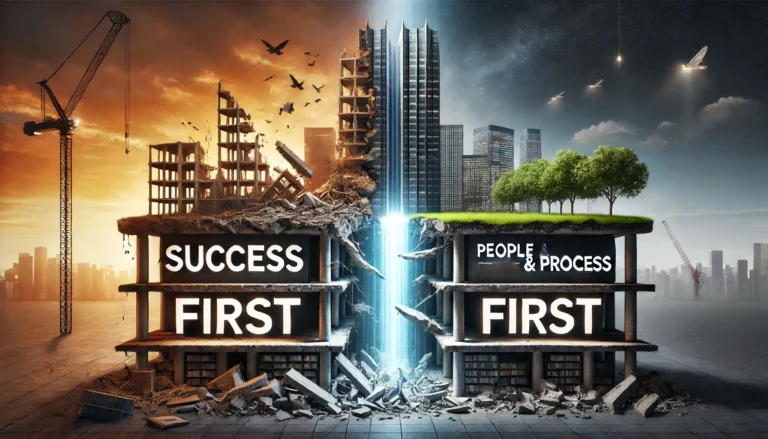From the time that we can talk, in somewhat complete sentences, we are constantly asking questions about everything. My 5-year-old is great at digging into the why and how, however, my 1-year-old doesn’t talk yet and the few words he does say, leads me to believe that he has learned enough to be able to logically associate curiosity with the proper factual components. When you think about it, that is really all learning is; searching for information until you find enough to be accurate when communicating with others.
There are four reasons we learn:
- Survival
- Curiosity
- Competition
- Self-Fulfillment
Let’s take a quick look at each. While all of these categories are things we are born with, some require more focused attention to become hardwired inside of us. Maslow introduced his hierarchy of needs as a basis of motivation. I think we can correlate this directly to not only what motivates us but to also understand why and how we learn. We are born with involuntary processes and instinctual reactions, like breathing or reflexes. Mouthing reflexes are built in as an infant to help nurse, or the gag reflex to help a baby from choking. As a baby develops, curiosity takes over and helps the child understand their surroundings and to begin to communicate. Soon after comes competition. As a 3-year-old, it may be easy to think you are the best, but as a 5- or 6-year-old, you now have to prove it to your friends at the playground or school. Self-fulfillment or self-actualization is something that comes up after your basic needs are met; water, food, shelter, partner, children, etc. The longing or desire for a higher purpose forces us to improve and learn. This is the highest level in Maslow’s Hierarchy.

Post COVID, we have all been forced outside of our comfort zone in some way. According to Commercial Cafe, 92% of people, learned new skills during quarantine. 57% of respondents learned a new skill for their own personal fulfillment and 30% looking for a career change. We would place both of those categories in self-fulfillment with some allocation, depending on the context, to competition. Additionally, 52% of people in the survey, learned baking or cooking as a new skill, which could be associated to survival, but I’ll admit, that may be a stretch.
All in all, the data is very interesting and causes us to question not only why we learn, but what determines when we learn. It is safe to say that COVID-19 resulted in a quick learning curve for some, whether we were ready or not. You might say that learning to cook is not a survival skill when, even during the pandemic, UberEATS was operational and you could still get groceries, although maybe not your favorite brand; there is an exaggeration of terms in today’s society, where words like survival mean less today than they did, say, 200 years ago. Nevertheless, the thought of surviving triggers a need to learn.
We would rather be forced out of our comfort zone than make a decision that we have to be responsible for. Learning is hard because we no longer have a general sense that our life will end if we simply don’t. So how do we get to this growth mindset that everyone is talking about?
To be clear, I am not referring to the natural ingestion of information as we perform a task, but rather the introduction of a completely new skill or thought.
Curiosity acts as a built-in motivator in our fight-or-flight response. When we learn because we are curious, we have the most relaxed interest, and our senses respond by taking more information in. This is also true of self-fulfillment; it triggers a calm state of learning. You could think of it as a natural state of learning, or a primary state. Survival and competition, on the other hand, are secondary. Learning is not the intended goal; learning is merely the how in accomplishing the primary. Yes, you are still satisfying a need, but it is forced. Fear, anger and surprise are high reaction zones giving the little capacity to observe. You learn from the experience, but not during it. When you trigger emotions like joy, gratitude, and hope, you have time to be curious and work on responding to your higher self needs. Curiosity is the most helpful component to learning proactively. When we try to find purpose or we react to our surroundings and trigger survival instincts, learning is hard. Even learning for the purpose of competition can be exhausting, although well rewarding. Curiosity is the best way to learn, and we should do it as much as we can.
“From the smallest necessity to the highest religious abstraction, from the wheel to the skyscraper, everything we are and everything we have comes from one attribute of man – the function of his reasoning mind.” – Ayn Rand
AI Advisory Group is one of the most supportive executive leadership companies for small and medium-size organizations. The information we provide in this article may contain opinions, facts, statistics, and other source references. You should never make a decision solely based on the information provided. Please feel free to contact us here for any questions, concerns, or additional information.





